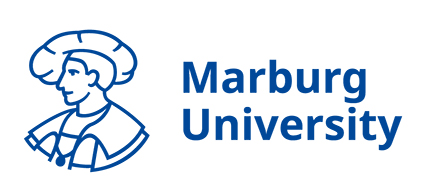About RobuCop
The regulation of the earth's climate is one of the most central challenges in times of global warming caused by the rise in CO2 due to man-made emissions. Plants and their ability to photosynthesise in the chloroplasts play a fundamental and central role globally. Photosynthesis can bind 210 - 290 Gt of CO2 per year; this corresponds to approx. 50 - 70 % of the annual CO2 fixation. This makes chloroplasts not only the most important global carbon sinks, but also the backbone of the carbon cycle and the food and energy supply through agriculture and forestry.
Robust chloroplasts for natural and synthetic carbon fixation
However, plants and chloroplasts are also exposed to more extreme conditions (higher temperatures, weather fluctuations, dry periods) as a result of climate change. They react with stress reactions and adaptations that result in reduced CO2 uptake and conversion. This reduces agricultural and forestry yields; due to lower CO2 fixation, the amount of CO2 in the atmosphere continues to rise.
The aim of RobuCop (Robuste Chloroplasten für die natürliche und synthetische Kohlenstoff-Fixierung - robust chloroplasts for natural and synthetic carbon dioxide fixation) is to fundamentally investigate the natural mechanisms of CO2 fixation, stress response and resilience mechanisms in chloroplasts. The knowledge gained will serve as a basis for synthetic-biological solutions to enable robust, efficient photosynthesis in an environment that is constantly changing due to climate change.
RobuCop draws on an established collaboration between the University of Marburg and the Max Planck Institute for Terrestrial Microbiology and the highest level of expertise in the fields of (synthetic) microbiology and environmental/climate sciences.



